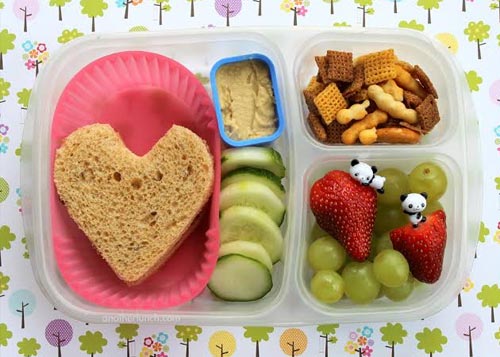The creation of media came as a blessing to us, parents. Most of us are now habituated to open YouTube and handover our phones to our kids every time they throw a tantrum or weep non-stop. Sure, it diffuses the situation at the moment but it could lead to repercussions later.
The first and most obvious repercussion is that they learn that they can get hold of a phone by crying their lungs out. This could lead to them replicating this behaviour every time they want something like a toy or some junk food that you don’t want them to have at the moment.

Media definitely has its benefits. Kids are so much smarter thanks to the abundant videos they watch day in and day out. They’re aware of what’s happening to them or around them – some times way more than needed. Little girls today know so much about makeup and dressing that they become extremely self-conscious over time.
Here are some of the other ill-effects of exposing kids to media.
Ill-effects of media on kids
A daily dose of TV, online videos, video games, and exposure to certain movies and music lyrics could have some of these effects on kids, over a period of time:
Could cause obesity
My 6-year-old son, Anoop, stands only about a foot away and gapes at the TV every time his favourite show is on. Kids are usually inactive when they’re watching something and tend to get snacky too. The commercials about junk food in between shows, too, get them to demand something to munch on every now and then. In the long run, the inactivity and binge eating could gradually lead to obesity.

Could trigger aggressive behaviour
Many shows and video games feature violent acts, often the protagonist, or the player in the game, wins by killing the enemy. Constant exposure to such shows and games increases the risk of children behaving aggressively in reality.
Could leave kids disturbed
Some kids are disturbed by violent acts on TV. They start to believe that the world is a scary place where only bad things happen. It could also leave them confused as to why a character they view as a hero has to kill people to succeed. This could cause behavioural issues and give them nightmares that could cause sleep issues.
Could introduce them to vices
A lot of video games and TV characters are shown to have vices. They are depicted in a way that indulging in vices such as drinking, smoking, or doing drugs is cool and fun. Kids and teenagers may get influenced by such behaviour and end up abusing drugs.
Having said that, I don’t mean to negate the use of media. Media definitely has a positive side to it too but exposing kids to too much screen time and shows that boasts of violence, aggression, and risky behaviour can have ill-effects on children.
What you can do about it
I have a few suggestions to prevent your kids from being affected negatively by media – some of which have worked in disciplining my son too.
- Avoid giving your phone to your child as a means to distract him or stop him from crying.
- Reduce the usage of phones and TV yourself. Children follow the footsteps of their parents.
- Have fixed screen times. Make sure they do not watch TV or play games for more than an hour a day.
- Reason with them if they develop any fears due to media and how fiction is different from reality.
- Explain to them that commercials are made to make people think they want something when they don’t need it all.
How do you think media influences kids? Share your insights in the comments.







